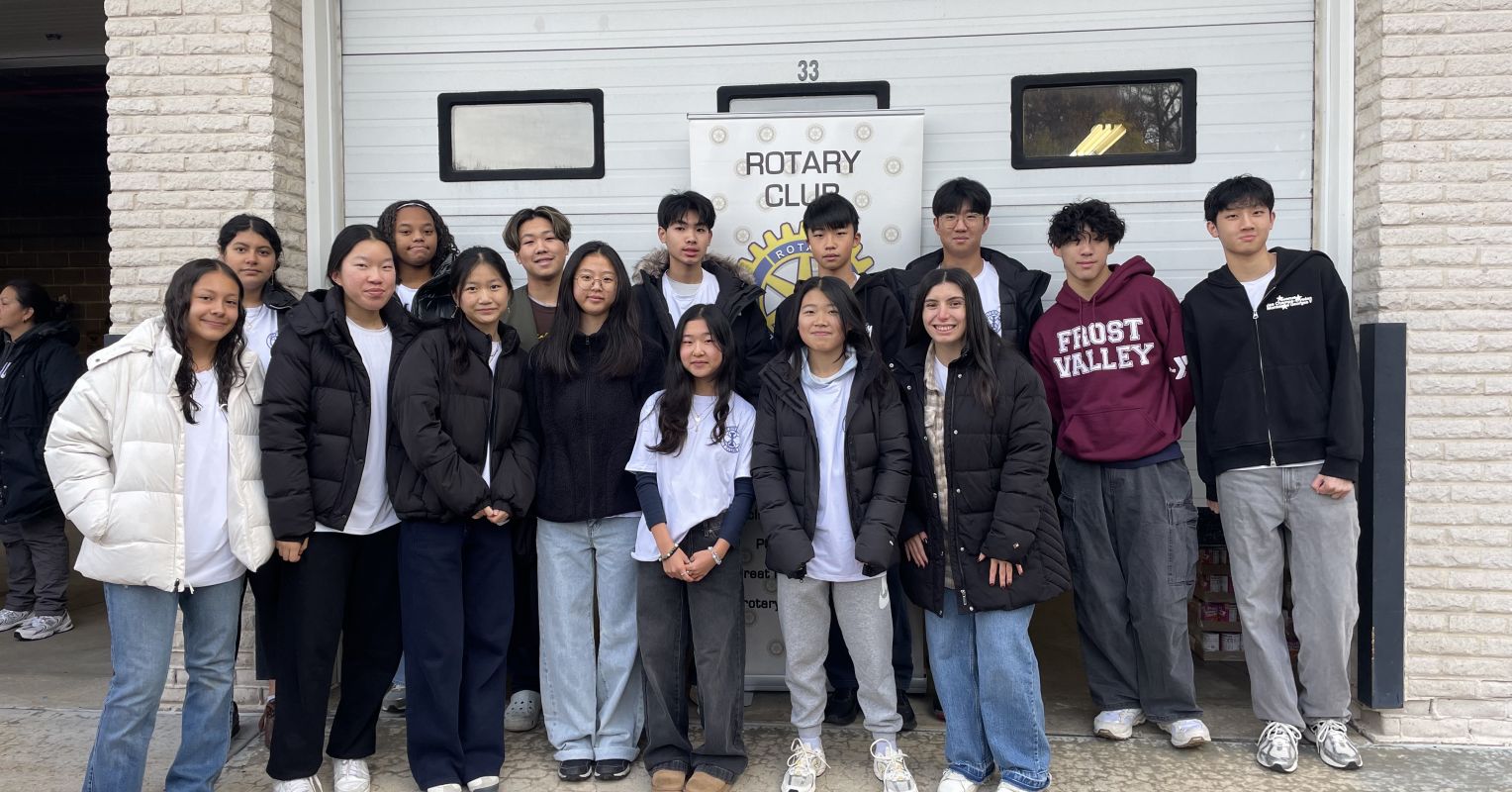
"Connecting with others has been associated with longevity and with short- and long-term positive physical and emotional health outcomes (Stern, 2025). Yet, there is an epidemic of loneliness that plagues so many individuals that clinicians may "prescribe" connection much like a medication. This practice is called social prescribing. Connection is a vital part of our lives that we often overlook."
"For starters, connecting doesn't have to mean investing enormous amounts of time. It can start with those in the community we see every day-the postal worker, librarian, coffee shop barista, and anyone else you see regularly. It feels great to have someone say hello, know your name, how you like your coffee. Cultivate these, and recognize the importance they hold."
"Mark Epstein started a pickleball WhatsApp chat in his town. He gathered a few numbers of people who like to play, the group grew, and each week he was playing once or twice with a group of residents he hadn't met in the decades he's lived in the town. Several were just a few houses away. This low-effort action led to months of playing and many new connections and friends. They love it so much they play in winter coats and hats!"
Connecting with others links to longer life and to positive short- and long-term physical and emotional health outcomes. An epidemic of loneliness affects many people, prompting clinicians to use social prescribing to encourage connection. Small, low-effort interactions with everyday community members can produce meaningful benefits. Simple initiatives, such as a neighborhood pickleball WhatsApp group, can create new friendships from nearby residents. Annual community events, like a Thanksgiving Drive that raises roughly $40,000 to provide turkey dinners for 1,200 families, bring hundreds together to pack, load, and connect across generations under longstanding local leadership.
Read at Psychology Today
Unable to calculate read time
Collection
[
|
...
]